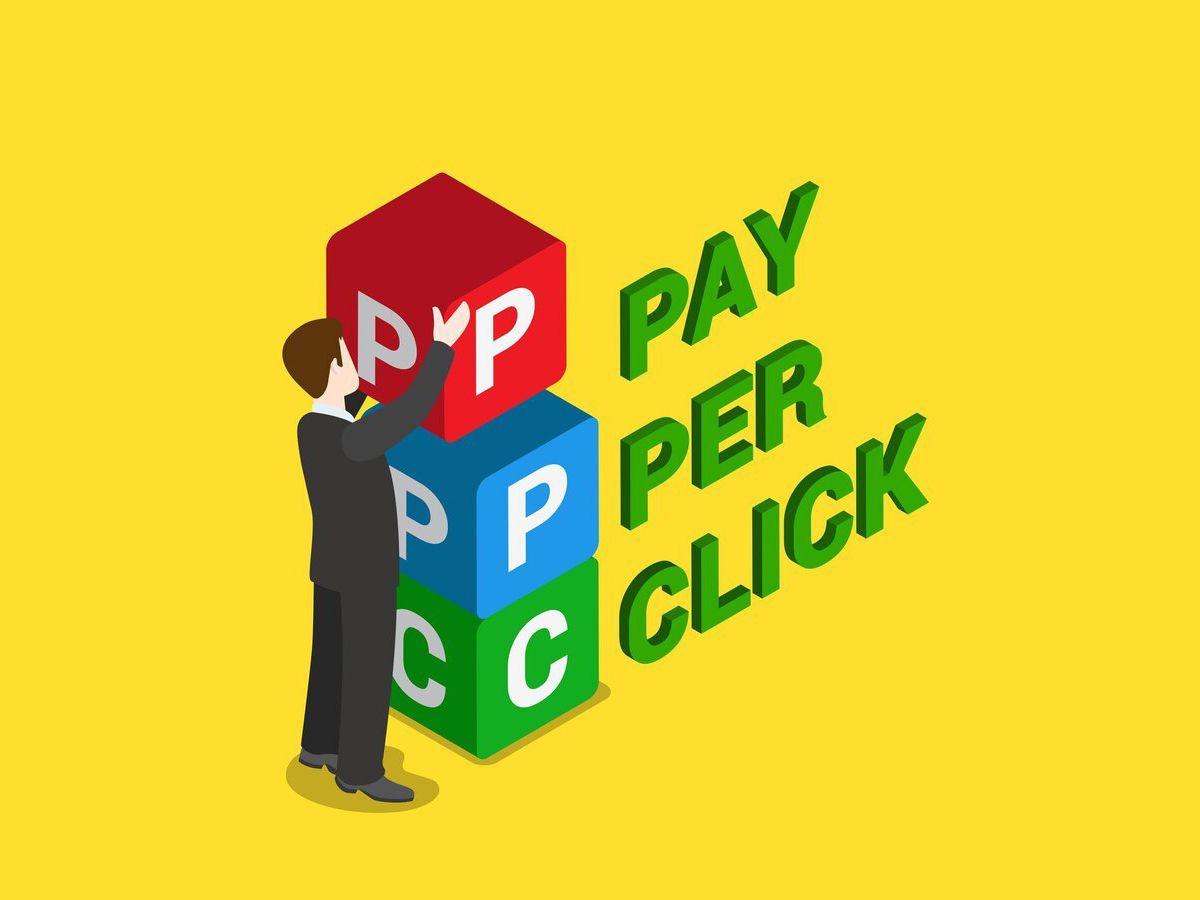In the ever-evolving digital landscape, 2025 marks a pivotal year for precision marketing. As consumers demand more personalized experiences, businesses must adapt by leveraging advanced technologies like geofencing and behavioral targeting. At
DigitalTreehouse, a leading website development and marketing service company based in Franklin, TN, we specialize in crafting data-driven strategies that deliver measurable results. This comprehensive guide explores how these cutting-edge tools can revolutionize your marketing efforts.
Understanding Geofencing: The Power of Location-Based Marketing
Gone are the days when you could spray a few ads across Facebook and hope for the best. Today’s social media landscape demands precision:
Behavioral Targeting: Personalizing the Customer Journey
Behavioral targeting involves analyzing users' online behavior—such as browsing history, search queries, and purchase patterns—to deliver personalized advertisements. This method enables marketers to segment audiences based on specific actions and preferences, ensuring that the right message reaches the right person at the right time.
For example, an e-commerce platform can recommend products based on a user's previous purchases or browsing habits. By understanding individual customer journeys, businesses can tailor their marketing efforts to meet specific needs, increasing the likelihood of conversion.
Integrating Geofencing and Behavioral Targeting: A Synergistic Approach
Combining geofencing with behavioral targeting creates a powerful marketing synergy. While geofencing focuses on the "where," behavioral targeting addresses the "what" and "why." Together, they enable businesses to deliver highly personalized and timely messages.
Consider a coffee shop that identifies a customer who frequently purchases lattes and is currently near one of its locations. By leveraging both geofencing and behavioral data, the shop can send a personalized discount offer for a latte, increasing the chances of a visit and purchase.
The Role of AI and Machine Learning in Precision Marketing
Artificial Intelligence (AI) and Machine Learning (ML) are transforming precision marketing by automating data analysis and decision-making processes. These technologies can predict consumer behavior, optimize ad placements, and personalize content at scale.
For instance, AI algorithms can analyze vast amounts of data to identify patterns and trends, enabling marketers to anticipate customer needs and preferences. ML models can continuously learn and adapt, improving targeting accuracy over time. By integrating AI and ML, businesses can enhance their marketing efficiency and effectiveness.
- Automated Bidding: Leverage machine-learning bid strategies—Target CPA, Maximize Conversions, or ROAS—to allocate budget where it’s most likely to convert.
- Real-Time A/B Testing: Continuously rotate and evaluate creative variants, automatically pausing underperformers and scaling winners.
- Predictive Audience Insights: AI models forecast which segments are most likely to engage or convert, enabling proactive budget shifts.
- Chatbot Integration: For lead-generation campaigns, AI-driven chatbots can qualify prospects instantly, capturing contact info and routing hot leads directly to your sales team.
Privacy Considerations: Navigating the Regulatory Landscape
As precision marketing becomes more sophisticated, respecting user privacy and complying with regulations like the General Data Protection Regulation (GDPR) and the California Consumer Privacy Act (CCPA) is paramount. Businesses must ensure transparency in data collection and provide users with control over their personal information.
Implementing clear privacy policies, obtaining explicit consent, and offering opt-out options are essential practices. By prioritizing privacy, companies can build trust with their audience and avoid potential legal pitfalls.
Become Our Valued Partner and Collaborate with Us Today!
At DigitalTreehouse, we understand the complexities of modern marketing and are committed to helping businesses thrive in the digital age. Our expertise in geofencing, behavioral targeting, AI integration, and privacy compliance positions us to deliver customized solutions that drive results.
Frequently Asked Questions
What is geofencing, and how does it work?
Geofencing is a location-based marketing technique that creates virtual boundaries around specific geographic areas. When a user's mobile device enters or exits these zones, it triggers targeted messages or advertisements, allowing businesses to engage customers based on their physical location.
How does behavioral targeting enhance marketing efforts?
Behavioral targeting analyzes users' online activities—such as browsing history and purchase behavior—to deliver personalized advertisements. This approach ensures that marketing messages are relevant to individual preferences, increasing engagement and conversion rates.
Can geofencing and behavioral targeting be used together?
Yes, integrating geofencing with behavioral targeting allows businesses to deliver highly personalized and timely messages. By combining location data with user behavior insights, marketers can create more effective campaigns that resonate with their audience.
What role does AI play in precision marketing?
AI automates data analysis and decision-making processes, enabling marketers to predict consumer behavior, optimize ad placements, and personalize content at scale. This leads to more efficient and effective marketing strategies.
How can businesses ensure compliance with privacy regulations?
Businesses should implement transparent data collection practices, obtain explicit user consent, and provide clear privacy policies. Staying informed about regulations like GDPR and CCPA and prioritizing user privacy are essential for compliance and building customer trust.
Ready to elevate your marketing strategy?
Contact DigitalTreehouse today to discover how our innovative approaches can transform your business.









